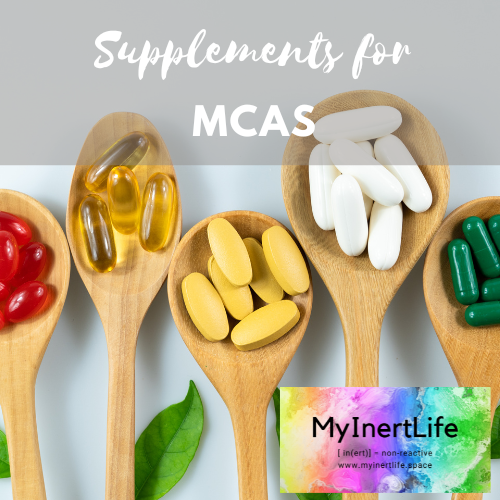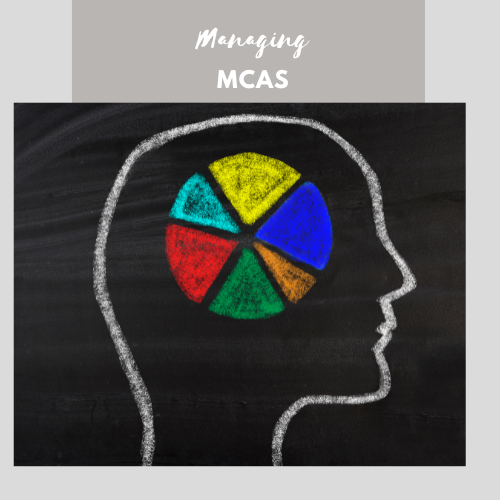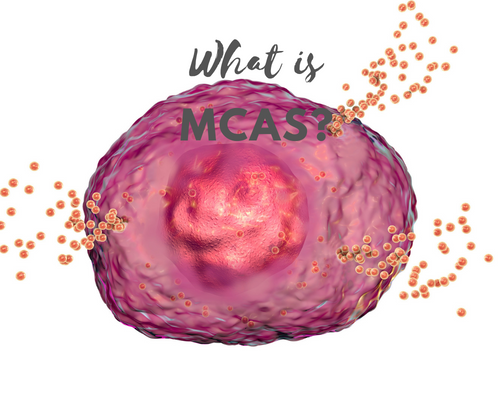This post discusses helpful supplements for MCAS. Supplements can be part of the solution when you have MCAS, in addition to taking medications, addressing the root cause, vagus nerve healing, and reducing inflammation. Supplements can reduce the need for medications, assist with side effects, and even act as mast cell stabilizers.
The Bucket Theory for MCAS Simplified
The bucket theory provides a helpful analogy for why when you have Mast Cell Activation Syndrome (MCAS) you may find that you suddenly react to something that you previously tolerated. Or you may find that your reactions don’t seem to reliably correlate with the circumstances each time they happen. Or you may be frustrated that you can’t figure out your triggers.
Uncovering the Connection Between Dairy and MCAS?
Are dairy and MCAS compatible? I often get questions about whether a certain food is alright for a lower histamine diet. Like, “is dairy okay for Mast Cell Activation (MCAS)?”
Better Sleep with MCAS
Let’s talk about getting better sleep with MCAS. Sleep can be a major issue when you have a complex chronic illness like Mast Cell Activation Syndrome (MCAS). Without adequate sleep you can’t function at your best, you are chronically tired, and you are prone to accidents and making mistakes. But beyond that, mast cell mediators can actually cause insomnia, excess histamine can cause sleep disturbance, and sleep deprivation can be a trigger for your MCAS symptoms. It is a self-perpetuating cycle that can lead to total misery.
Practical Strategies for Managing MCAS
This post provides some practical tips for managing MCAS — specifically to address stress as a trigger for MCAS. Stress, toxins, and infections are the three underlying triggers for Mast Cell Activation Syndrome (MCAS). This post covers treatments that are helpful for vagus nerve injury and limbic system dysfunction, which fall under the category of “stress.” So how do you manage “stress”? Read to find out!
What is MCAS?
This post provides a primer on what is Mast Cell Activation Syndrome.






